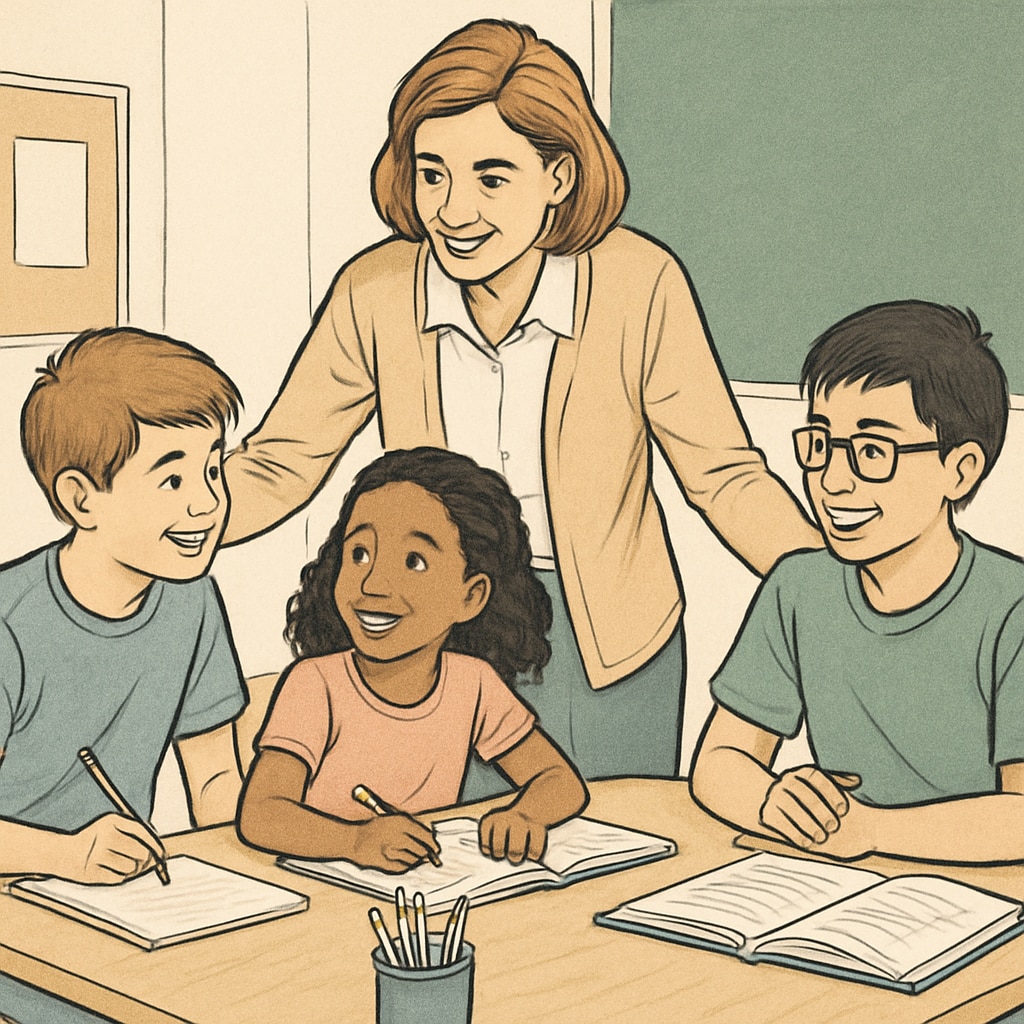In the pursuit of excellence, education systems often grapple with the ethical implications of their methods. The interplay between strict education, extreme pressure, and the need for compassionate care raises important questions about the long-term impact on students. This tension is vividly portrayed in the movie *Whiplash*, where a young drummer faces relentless pressure from a demanding instructor. The film serves as a stark reminder of the ethical dilemmas inherent in modern K12 education methods as educators strive to balance extreme pressure with student well-being.
Extreme Pressure: A Double-Edged Sword
Strict educational methods, characterized by high expectations and relentless pressure, are often credited for producing exceptional results. This approach is rooted in the belief that greatness can only be achieved through discipline and pushing beyond perceived limits. For instance, historical figures like Wolfgang Amadeus Mozart and Olympic athletes have often been cited as products of environments that demanded extraordinary dedication.
However, the downside of such an approach cannot be ignored. Excessive pressure can lead to anxiety, burnout, and a loss of intrinsic motivation in students. According to a study on educational psychology by Britannica, the long-term effects of stress in learning environments can impair cognitive development and emotional health. These risks highlight the ethical responsibility of educators in ensuring that their methods do not harm students.

Compassionate Care: The Other Side of the Coin
On the other hand, a care-focused educational approach emphasizes the well-being and emotional development of students. This method nurtures a supportive environment where students feel valued and motivated. For example, Finland’s education system, which prioritizes student-centered learning and minimal standardized testing, has consistently ranked high in global education assessments.
Nevertheless, an overemphasis on care might compromise academic rigor, leading to underachievement. Striking the right balance is crucial. For educators, this means recognizing that while care fosters resilience and creativity, it must be paired with appropriate challenges to prepare students for real-world demands.

The Ethical Balance Between Pressure and Care
So how can educators ethically balance these two approaches? The key lies in tailoring methods to individual student needs while maintaining a holistic perspective. Some strategies include:
- Setting realistic yet challenging goals to motivate students without overwhelming them.
- Incorporating regular mental health check-ins to ensure students are coping well under pressure.
- Adopting differentiated instruction to cater to diverse learning styles and abilities.
Additionally, educators should be trained in recognizing signs of stress and burnout. Schools can also promote open communication among teachers, students, and parents, creating a collaborative environment that supports both academic and emotional growth.
Lessons from *Whiplash*: A Cautionary Tale
The movie *Whiplash* vividly illustrates the consequences of extreme educational pressure. While the protagonist achieves technical mastery, his mental health and relationships suffer significantly. This serves as a cautionary tale for educators and parents alike. Excellence achieved at the cost of a student’s well-being is not true success.
Incorporating ethical principles into teaching practices is essential. Educators must recognize their dual role as mentors and caretakers, ensuring that students not only excel academically but also thrive as well-rounded individuals.
In conclusion, the ethical dilemma of balancing strict education and compassionate care underscores the importance of a nuanced approach in K12 education. By fostering environments that challenge students while prioritizing their well-being, educators can help them achieve genuine excellence. As *Whiplash* reminds us, the ultimate measure of success is not just achievement, but the ability to sustain and enjoy it.
Readability guidance: This article uses short paragraphs, lists, and clear transitions to enhance readability. It balances informative content with practical insights while maintaining a focus on education methods and ethical considerations.


